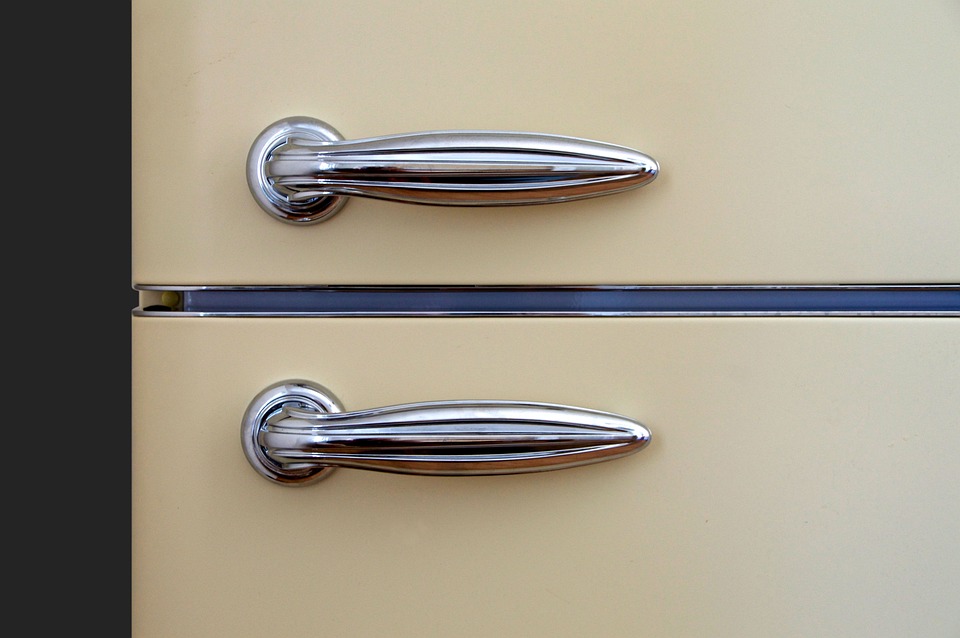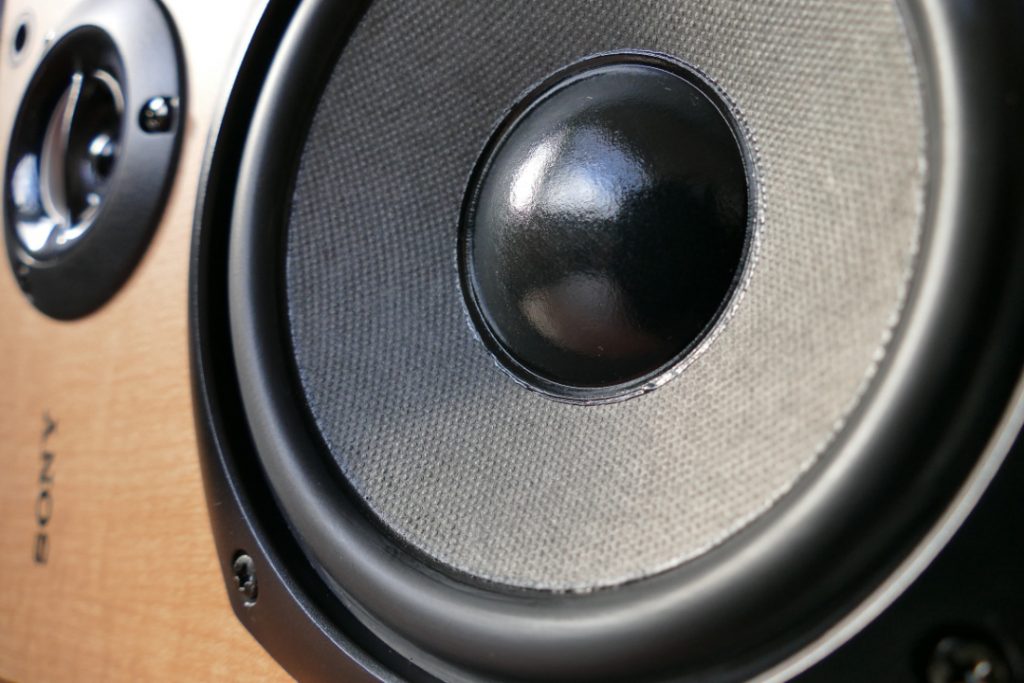Sometimes, the refrigerator makes so much noise that it sounds like a truck is driving down the street. Each part that contributes to the overall noise has a different technique for quieting it down. We’ll go through which parts of your refrigerator are the noisiest and what you can do to stop the refrigerator from buzzing.
Which Refrigerator Parts Make Noise?
The compressor is the biggest noise-maker in your fridge. It pumps refrigerant around to keep things cold. You can buy a compressor blanket to quiet it down. They are not expensive, and they work really well.
The fans are another source of the noise. The louder they are, the more they’ll drown out everything else. If you can’t or don’t want to replace the fans, you can try putting noise-dampening material over them. Something like acoustic foam will do the trick.
The water pump is the final source of noise in your fridge. It pulls water out of the evaporator and sends it back to the compressor. You can buy a special water pump lubricant to make it run more quietly.
Each of these parts can create a different sound that, when combined, can be quite the racket. So what can you do to stop your refrigerator from making so much noise?
Normal Noises
Humming sounds from your refrigerator may be caused by regular fridge activities. It isn’t always due to the presence of problems. There are various reasons for everyday fridge operations that cause a humming sound. When the ice maker is filling water, the motor and compressor in your refrigerator make soft hums. When the refrigerator’s motor and compressor are working, they produce what sounds like a buzz. But, in most situations, this is the case. However, there may be some noises that don’t sound quite right and have been keeping longer than usual. As a result, you’ll need expert assistance from professionals in Ryde. They can analyze the problem and assist you in eliminating it using their technical knowledge to avoid these problems from happening again.
Simple Ways To Stop A Refrigerator From Buzzing
Compressor
On the back of the appliance, the condenser will make a constant buzzing or humming sound as it works. This noise is typical, especially when attempting to cool the machine down, almost all of the time. A low level of this noise is acceptable, but have it be serviced by an expert specialist if it has grown loud enough to be annoying.
Try And Listen To The Source Of The Noise To Stop Refrigerator From Buzzing
If you’re still unsure of the specific sound, unplugging the refrigerator and plugging it back in will create a louder noise as the compressor starts. Turning off all power to the fridge will help you pinpoint whether it’s coming from the compressor, fan, or water pump.
Utilize Soundproof Floor Mats To Stop Refrigerator From Buzzing
These can be placed underneath the fridge to reduce or stop sounds from traveling. If your flooring is wooden and causes vibrations, this could amplify the noise coming from the refrigerator. The soundproof mat will help to minimize this issue.
In some cases, you may find that your ice maker is noisy. You might need to replace the water valve, ice maker cover, or auger motor.
Because only one person can install the carpet, try finding a buddy to assist you. Gently lower your refrigerator and place your soundproof mat underneath it.
Make Sure Everything Is Clean
Your refrigerator has a lot of moving and mechanical components. Because the fridge isn’t moved to clean behind it can become very dusty and dirty! All of this adds up to more noise. Begin by cleaning your entire kitchen, including the inside of your fridge.
Check the fans and condenser for any friction or grating. The fans may be cleaned and, if necessary, even lubricated to guarantee that they continue to operate smoothly and noiselessly. Remove the compressor and evaporator fan. Check for wear on the rubber grommet under the evaporator fan motor while doing so. Also, clean any moving components carefully while cleaning.
The evaporator coils in the back of the fridge will need to be cleaned to ensure that it functions properly. If it isn’t, your refrigerator has to work harder and produce more noise as a result.
Fix Loose handles And Door To Stop Refrigerator From Buzzing
This is another source of rattling noise that is simple to identify and repair. Replace the door handles or screws if required, and they will be as good as new.

Check The Evaporator Fan
Push in the light switch in the freezer to determine whether the evaporator fan is to blame for the loud refrigerator racket. If this fan is responsible, the noise will grow louder. Examine the fan to assess how severe the damage is. The evaporator fan is located in the back of the freezer compartment within the refrigerator and is accessed via a panel with screws or clips keeping it in place. Spin the fan blade with your hand to see if it’s running correctly when the fridge is unplugged. Check for signs of wear and tear on electrical wiring, grommets, and other components. If the fan blade does not rotate freely or there are indications of damage or corrosion, it may be necessary to replace the entire assembly.
Buzzing Noise From Improper Leveling
If your refrigerator is not leveled correctly, the constant vibrations of a running fridge may cause it to rock from side to side. This erratic movement might be the source of your humming noise, but it’s easy to fix by raising the fridge legs.
Issues To Do With Air Vents
If you have put things too close to the air vents, you may be hearing a buzzing noise: Sides and backs of refrigerators are typically where this occurs. The items on the wall rattling against one another prevent the airflow from flowing freely, resulting in humming noises. Always keep an open area between food products and air vents for optimal ventilation.
Conclusion
These are some of the most common issues that can cause your fridge to make a lot of noise. You can hopefully mitigate the racket and restore peace in your kitchen by addressing these issues. If all else fails, it may be time to invest in a new fridge!







